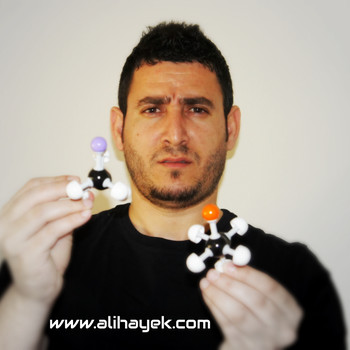What factors affect electrochemical cells?
1 Answer
The Gibbs free energy change determines the voltage of an electrochemical cell. This in turn depends on factors such as concentration, gas pressure, and temperature.
Explanation:
Gibbs Free Energy
The Gibbs free energy measures how far a system is from equilibrium.
It therefore determines the voltage (driving force) of an electrochemical cell.
where
Concentration and Gas Pressure
For an equilibrium reaction such as
Therefore both concentration and gas pressure affect the voltage of the cell.
Temperature
According to the Nernst Equation,
The temperature term in this equation shows that temperature also affects the cell voltage.


